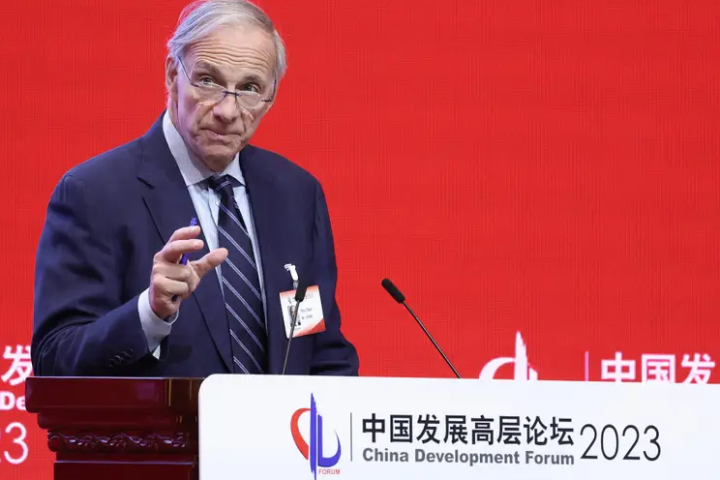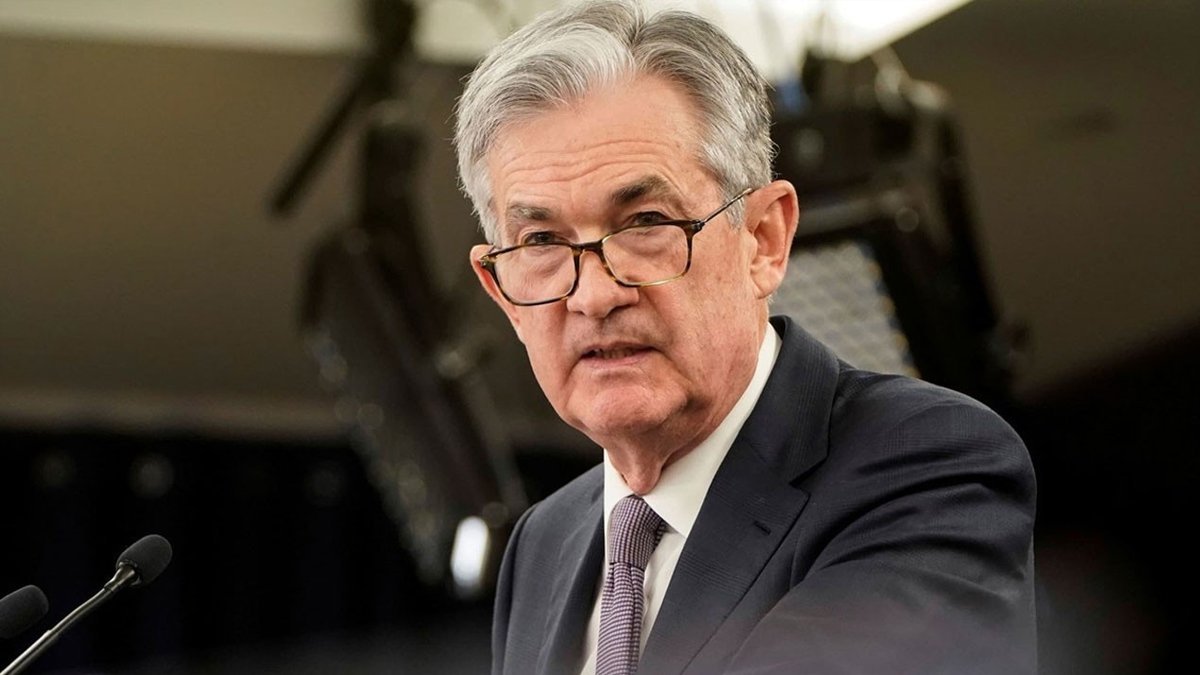The opening session of the World Economic Forum (WEF) meeting in Riyadh today (Sunday) focused on the most important global economic challenges, including inflation, interest rates and shocks facing some countries. The session also highlighted the importance of strengthening and diversifying global supply chains, and featured speeches on possible solutions to overcome all challenges.
The opening session, entitled ‘What kind of growth do we need?’, was attended by Saudi Arabia’s Minister of Finance Mohammed al-Jedan, Malaysia’s Minister of Investment, Trade and Industry Tenku Abdulaziz, and International Monetary Fund (IMF) Managing Director Kristalina Georgieva.
Saudi Arabia’s Minister of Finance Mohammed al-Jadan stressed that economic plans should be adapted and adjusted by countries according to conditions and developments. Confirming that things are moving at a good pace in Saudi Arabia, al-Jedan emphasized the importance of Vision 2030, which has increased the confidence of local and international investors in the Saudi economy. He added that Vision 2030 also strengthens the role of the private sector and focuses on qualitative rather than quantitative growth: “What is important for us is the growth of the non-oil economy and strengthening the role of the private sector… If we wanted to, we could produce 10 million barrels of oil a day instead of 9.5 million barrels and achieve a much higher gross domestic product (GDP) growth.”
Facing shocks
Al-Jadan noted that the world has been subjected to many shocks in the last four years, so countries that plan ahead, including Saudi Arabia, must verify that they are still able to cope with these shocks.
Al-Jedan also emphasized the need to provide the necessary policies and resources for the implementation of innovation and technology, noting that some countries do not have adequate facilities for energy production.
El-Jedan also addressed the issue of debt sustainability with the IMF, saying that countries cannot focus on growth under debt burden and must be helped to develop their workforce while ensuring that budgets are moving in the right direction and at sufficient pace. El-Jedan also emphasized the importance of diversifying supply chains.
Interest rates
IMF Managing Director Kristalina Georgieva said interest rates were negatively affecting global growth prospects and urged the world to prioritize greater cooperation, rebuilding financial safety margins and lowering inflation.
Stating that the coronavirus crisis has cost the world about 3.3 trillion dollars and that the immediate priorities are to focus on achieving inflation targets and rebuilding financial safety margins, Georgieva explained that the reliance on a single source of basic necessities is disastrous for economic growth.
Georgieva explained that growth has been 3 percent in the past decade and will be much lower in the coming decade due to the lack of productivity needed to boost growth in emerging economies. Georgieva also emphasized that the pandemic and the war in Ukraine have shown that relying on a single source for global supply chains is ‘disastrous’.
“Despite the many shocks of the past years, we have slightly raised our growth forecast for 2024, from 2.9 percent in October last year to 3.2 percent. We recognize that the strength and resilience of this forecast is due to a small number of countries performing well,” Georgieva said.
Tenku Abdulaziz, Malaysia’s Minister of Investment, Trade and Industry, noted that flows in Southeast Asia have increased over the past four years and there is concern that the sustainability of supply chains could be disrupted during the Coronavirus pandemic.
As for Southeast Asian countries, Abdulaziz stressed that they are very neutral in their positions and have attracted many organizations and companies looking to strengthen their supply chains. The Association of Southeast Asian Nations (ASEAN) has recorded a growth of 45 percent and this is expected to continue in the next phase, Abdulaziz said, noting that China is the largest country in ASEAN and the trade volume between Kuala Lumpur and Beijing is significant.





